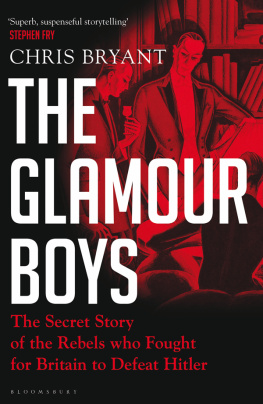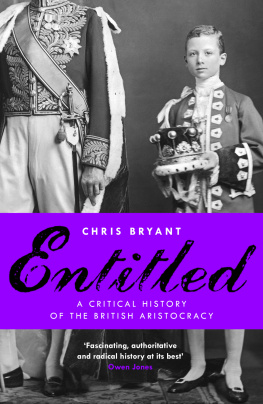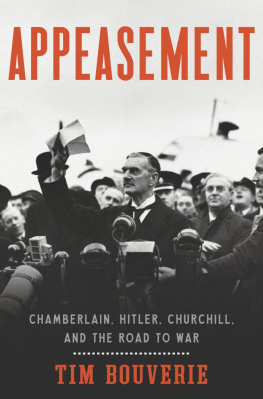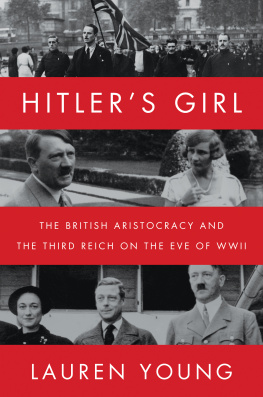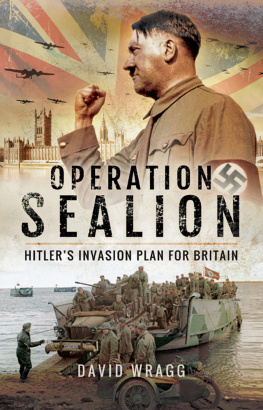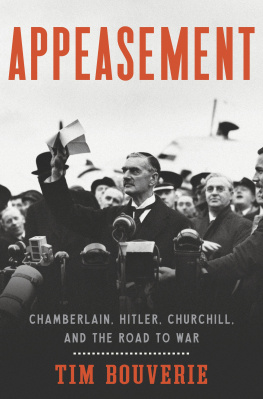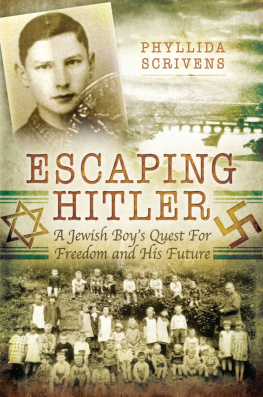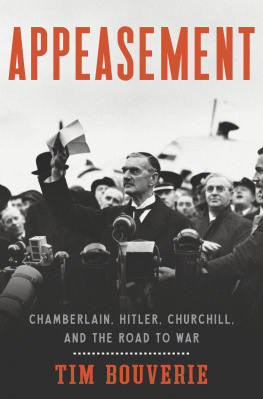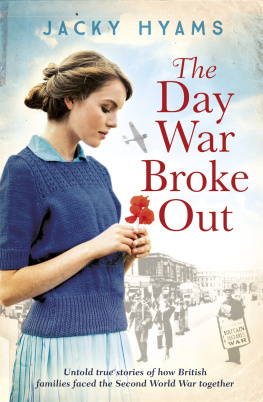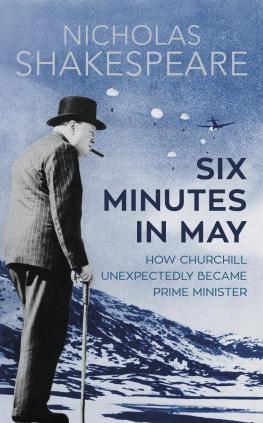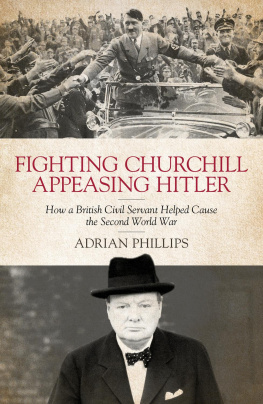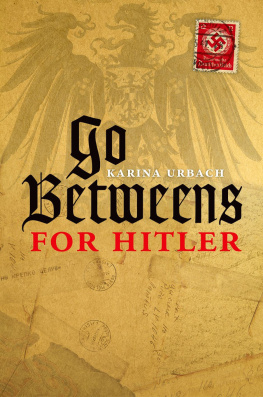
THE GLAMOUR BOYS
BLOOMSBURY PUBLISHING
Bloomsbury Publishing Plc
50 Bedford Square, London, WC1B 3DP, UK
BLOOMSBURY, BLOOMSBURY PUBLISHING and the Diana logo are trademarks of Bloomsbury Publishing Plc
First published in Great Britain 2020
This electronic edition published in 2020
Copyright Chris Bryant, 2020
Poor Little Rich Girl by Nol Coward NC Aventales AG 1925 by permission of Alan Brodie Representation Ltd www.alanbrodie.com
Chris Bryant has asserted his right under the Copyright, Designs and Patents Act, 1988, to be identified as Author of this work
All rights reserved. No part of this publication may be reproduced or transmitted in any form or by any means, electronic or mechanical, including photocopying, recording, or any information storage or retrieval system, without prior permission in writing from the publishers
Bloomsbury Publishing Plc does not have any control over, or responsibility for, any third-party websites referred to or in this book. All internet addresses given in this book were correct at the time of going to press. The author and publisher regret any inconvenience caused if addresses have changed or sites have ceased to exist, but can accept no responsibility for any such changes
A catalogue record for this book is available from the British Library
ISBN: HB: 978-1-5266-0171-1; TPB: 978-1-5266-3055-1; EBOOK: 978-1-5266-0175-9
To find out more about our authors and books visit www.bloomsbury.com and sign up for our newsletters
OTHER BOOKS BY CHRIS BRYANT
Possible Dreams: Personal History of the British Christian Socialists
Stafford Cripps: The First Modern Chancellor
Glenda Jackson: The Biography
Parliament: The Biography Ancestral Voices (Vol. 1)
Parliament: The Biography Reform (Vol. 2)
Entitled: A Critical History of the British Aristocracy
JCB
There are men who shine in the public eye, whose names are a household word; and there are others of whom the general public knows little or nothing, and who have yet equally the quality of greatness.
Lord Salisburys obituary of Paul Emrys-Evans (18941967), The Times, 3 November 1967
Contents
Rob Bernays (190245), Liberal National MP for Bristol North 193145, parliamentary secretary to the Ministries of Health 19379 and Transport 193940. Married Nancy Britton in 1942.
Bob Boothby (190086), Conservative MP for Aberdeen and Kincardine East 192450 and then East Aberdeenshire until 1958, parliamentary private secretary to Winston Churchill 19269. Twice married, but had affairs with men and women.
Ronnie Cartland (190740), Conservative MP for Birmingham Kings Norton 193540, served in 53rd Anti-Tank Regiment (Worcestershire Yeomanry) of the Royal Artillery from 1937. Unmarried.
Victor Cazalet (18961943), captain in Queens Own West Kent Yeomanry, awarded MC for gallantry in 1917, MP for Chippenham 192443, parliamentary private secretary to the Board of Trade 19246 and Dominions Office 19312, commanded an anti-aircraft battery and was appointed liaison officer with the free Poles in the war. Unmarried.
Harry Crookshank (18931961), seriously injured as captain in the Grenadier Guards in the First World War, Conservative MP for Gainsborough 192456, under-secretary in the Home Department 19345, Secretary for Mines 19359, Financial Secretary to the Treasury 193943. Unmarried.
Jack Macnamara (190544), Conservative MP for Chelmsford 193545, served in the Territorial and regular armies, rising to Colonel of the 1st Battalion London Irish Rifles in the Second World War. Commanded the RAF Regiment and joined staff of Land Forces Adriatic. Unmarried.
Harold Nicolson (18861968), National Labour MP for Leicester West 193545, diplomat and author, charg daffaires in Tehran 19257 and Berlin 19278, parliamentary secretary at the Ministry of Information 19401. Married to Vita Sackville-West, although both had homosexual affairs.
Philip Sassoon (18881939), Conservative MP for Hythe 191239, private secretary to Field Marshal Douglas Haig 191518, parliamentary private secretary to David Lloyd George in 1920, Under-Secretary for Air 19249 and 19317, First Commissioner of Works 19379. Unmarried.
Jim (J. P. L.) Thomas (190360), MP for Hereford 193155, parliamentary private secretary to Anthony Eden as foreign secretary. Unmarried.
Ronnie Tree (18971976), Conservative MP for Harborough 1933-1945. Twice married but had affairs with women and men.
If you look carefully behind the Speakers chair in the House of Commons, just underneath the press gallery, there is a row of twenty-three shields, each of them about five inches high. Some have letters surrounded by laurels painted in gold on a blue background. The third from the left has R B for Robert Bernays and one in the middle has J R J M for John Robert Jermain Macnamara. Others have ornate crests. Ronald Cartlands (sixth from the left) has three bushels and a golden griffin, and immediately next to it Victor Cazalets sports a castle, a boar and two fleurs-de-lys. Each shield commemorates an MP who lost his life in active service in the Second World War, but you will probably never have heard of them. Cartlands name may ring a bell, because of his novelist sister Barbara, but you will almost certainly not know that at least four of the men were queer or nearly queer that is to say, gay, bisexual or somewhere in-between and that they had shown as much courage personally and politically before the war as they did during it, defying convention and the party managers in Parliament, the whips, with remarkable sangfroid . Most families, biographers and historians deliberately excised any hint of their sexuality from such accounts of their lives as do exist and virtually wiped them from the history books. Even recent historians have seen these mens shared sexuality as an irrelevance. This, then, is their true unexpurgated story a story of unsung bravery at a defining moment in Britains history.
They visited Germany in the early 1930s because Berlin was the most sexually liberal city in the world and men could have sex with one another there with impunity, unlike in Britain. They knew plenty of queer Germans, including several leading Nazis, and as young, mostly Conservative Members of Parliament they supported a rapprochement with Germany. However, they saw danger when Hitler won power, as the Nazis arrested their queer and Jewish friends, sent them to concentration camps and murdered them. So they were among the very first to warn Britain about Hitler and the most vocal in demanding that Britain oppose him, not appease him. They were attacked as warmongers, their phones were tapped, and they were threatened with deselection and exposure, but they repeatedly demanded that Britain rearm so as to challenge Nazism. The very fact that they were different from the rest of society made it easier for them to differ from the rest of the public. They were already outsiders, and were accustomed to the opprobrium of others. The architect of Britains policy of appeasement, the prime minister, Neville Chamberlain, hated them and branded them and their close associates as the Glamour Boys, but time and again they spoke out and bravely voted against their own government. When war came, they insisted on doing their bit in the heat of battle, with no thought for their own safety. Two of them led units that were safe havens for other queer officers and men.
Their sexuality was an essential aspect of their bravery, because they had been schooled in courage by a society that hated homosexuality. Every era in history has had its share of men who love men. They have faced prejudice, violence, imprisonment and even execution. But throughout this period the law in Britain was extraordinarily strict. Thousands of men were ostracised, humiliated, blackmailed and imprisoned for the slightest misdemeanour and on the flimsiest evidence. They were referred to in derogatory code as flamboyant, colourful, unconventional, bohemian, artistic, versatile or even musical. They were forced to live in the shadows, always looking over their shoulder before they took another mans hand or entered one of the secretive queer bars that managed to survive. Lies and half-truths became a way of life. They invented a secret code of their own, whereby other homosexuals were so or TBH (to be had). Some tried to be celibate, others led a double life in a marriage of convenience, which often left pain and anguish in its wake. Many hated themselves as much as they feared detection. The lucky ones could hide behind a wall of privilege in a coterie of like-minded souls, just so long as they chose their company carefully and never made their true nature explicit. Just a few dared the world to condemn them, and shared a life, a home and a bed with another man. That took considerable courage and frequent acts of subterfuge, but it also made them outsiders.
Next page
